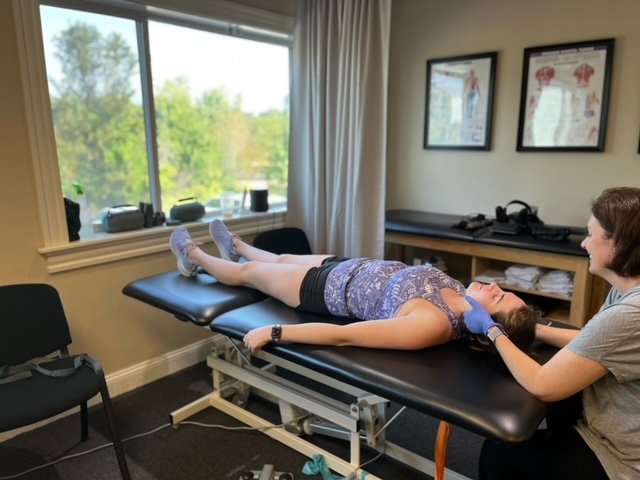
Physical therapy for pediatric patients plays a crucial role in addressing developmental challenges. As children grow and develop, they may encounter various physical hurdles that can impede their progress. This article explores the significance of physical therapy in addressing these challenges and fostering optimal development in young patients.
Understanding Developmental Challenges:
1. Early Identification and Intervention:
Early identification of developmental challenges is key to effective intervention. Pediatric physical therapists are trained to assess and identify issues such as motor delays, coordination problems, and musculoskeletal abnormalities in their early stages. Timely intervention can significantly impact a child’s developmental trajectory.
2. Tailored Approaches for Different Ages:
Pediatric physical therapy employs age-appropriate and individualized approaches. Infants, toddlers, and school-age children have unique needs, and therapists customize their strategies accordingly. This ensures that interventions are not only effective but also engaging for the child.
3. Building Strong Foundations:
Physical therapy focuses on building strong foundational skills. From gross motor skills like crawling and walking to fine motor skills like grasping objects, therapists work on enhancing these fundamental abilities. This sets the stage for more complex physical and cognitive achievements in the future.

Techniques and Approaches:
1. Play-Based Therapy:
Engaging children through play is a cornerstone of pediatric physical therapy. Therapists use games and activities to make sessions enjoyable while targeting specific developmental goals. This approach not only aids in physical development but also promotes social and cognitive skills.
2. Assistive Technologies:
Advancements in technology have expanded the toolkit of pediatric physical therapists. From adaptive devices to virtual reality, these tools enhance therapy sessions and make them more interactive. Integrating technology not only captures the child’s interest but also accelerates progress.
3. Collaborative Care:
Successful pediatric physical therapy often involves collaboration with other healthcare professionals, educators, and parents. A multidisciplinary approach ensures a holistic understanding of the child’s needs and coordinated efforts to address challenges comprehensively.
The Role of Parents:
Parents are integral to the success of pediatric physical therapy. Informed and engaged parents can extend therapy goals into daily routines, creating a supportive environment for their child’s development. Therapists provide guidance and resources to empower parents in this essential role.
Celebrating Milestones:
Pediatric physical therapy is a journey marked by small victories. Whether it’s a child taking their first independent steps or mastering a fine motor skill, each achievement is a cause for celebration. Therapists, along with parents, play a vital role in recognizing and acknowledging these milestones. Visit their page where you will find lots of useful tips and information about physical therapy rehab.
Conclusion:
In conclusion, pediatric physical therapy is a dynamic and essential intervention for addressing developmental challenges in children. By employing tailored approaches, incorporating innovative techniques, and fostering collaboration, therapists can make a significant impact on a child’s physical and cognitive development.









